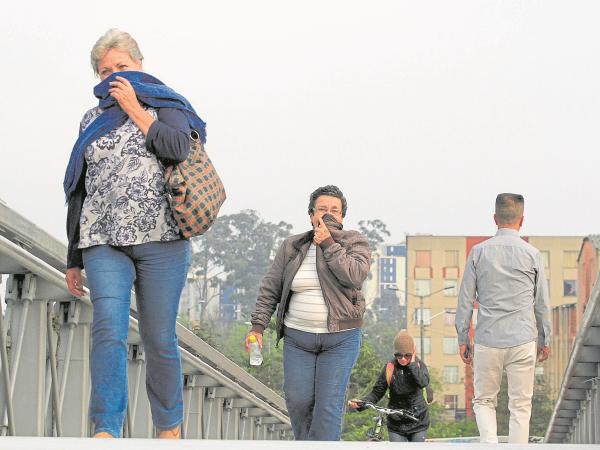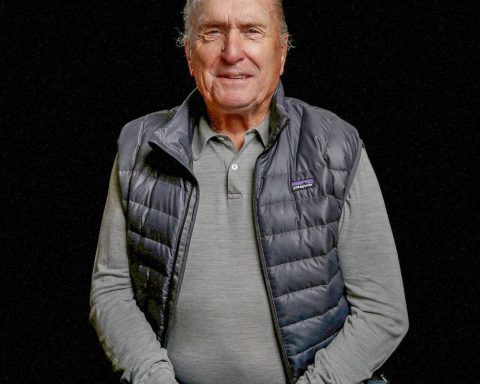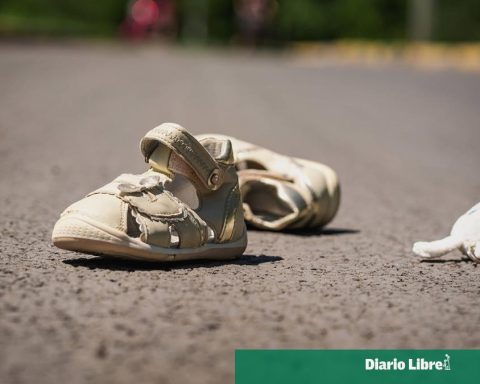This Wednesday, President Iván Duque announced that the municipalities that exceed 70% of the vaccination schedule will be able to lift the restriction on the use of masks in open spaces in Colombia.
Pending the decree that defines the measure and the implementation date, there are already several cities that have exceeded this threshold.
In this regard, according to the latest report from the Ministry of Health and Social Protection, the cities and departments in which the relaxation of the use of face masks will begin to apply are Bogotá, Medellín, Barranquilla, Nariño, Tolima, Santander, Boyacá, Quindio, and 451 other municipalities, They will now be able to stop wearing face masks in open spaces.
For their part, capital cities such as Cali (64%), Santa Marta (63.2%), Valledupar, Villavicencio, Quibdó, Mocoa, San José del Guaviare, Florencia, Inírida, Riohacha, Sincelejo, Cúcuta, would not classify within the limit of 70 percent of the population with full schedule vaccination.
The Ministry of Health released a table that allows knowing the coverage that municipalities and departments have in terms of vaccination (see the table).
The Minister of Health and Social Protection, Fernando Ruiz, explained through his twitter account that the decision to eliminate the use of masks linked to The 70% coverage in complete schemes had been taken by the Advisory Committee for two weeks and it was possible to specify the measure that applies to 451 municipalities.
He also assured that this decision comes into force from this Wednesday. “The public transport system does not operate as a public space. In public transport we must continue to maintain the mask, because there is a closeness and crowding there and, in general, there are no ventilation conditions,” added the head of the Health portfolio.
The mayor of Bogotá, Claudia López, stated that “We celebrate the president’s announcement based on the same scientific evidence as ours. It was logical and pertinent at this time of the pandemic. So with that announcement, as of March 1, which is when the current health emergency regulations expire, there will be no use of masks in open spaces for those of us who are already vaccinated and who do not have flu symptoms or respiratory symptoms.
Bogotá will be the first city to eliminate the mandatory use of masks in open spaces. As of March 1, those who are vaccinated with the complete schedule and do not have symptoms will be able to be outdoors without a mask. pic.twitter.com/lt2u7PcamT
– Claudia López Hernández (@ClaudiaLopez) February 23, 2022
According to the District Administration, in Bogotá the percentage of vaccinated over 12 years old already amounts to 94 percent, so, as of March 1, the relaxation of the use of masks will begin to govern once President Duque modifies the conditions of the health emergency decree.
For his part, the mayor of Medellín, Daniel Quintero, also announced that as of today the use of masks in open spaces is lifted.
“From today the use of masks in public spaces in Medellín will not be mandatory. We have overcome the hardest stage of the pandemic”said Quintero, who added that the city already has 84% of the population vaccinated with the two doses.
Attention: From today the use of masks in public space in Medellín will not be mandatory. We have overcome the hardest stage of the pandemic. pic.twitter.com/JUMZ7r1Bpo
– Daniel Quintero Calle (@QuinteroCalle) February 23, 2022
In turn, the mayor of Barranquilla, Jaime Pumarejo, stated that “The time has come to take off our face masks outdoors. This measure is correct because we exceed 90% of those vaccinated with complete schedules. Now what comes is living with the disease, understanding that self-care and vaccination must continue.”
It’s time to take off our face masks outdoors. This measure is correct because we exceed 90% of vaccinated with complete schemes. Now what comes is living with the disease, understanding that self-care and vaccination must continue. pic.twitter.com/cUomJFHqeU
– Jaime Pumarejo (@jaimepumarejo) February 23, 2022
The mask should continue to be used in closed spaces such as the mass transportation system, classrooms, offices and spaces that convene several people without adequate ventilation.
BRIEFCASE

















